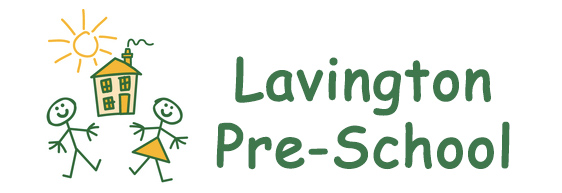This is the type of play where the adult plans, organises and shows or tells the children what they need to do. Examples of adult-led play include playing musical games such as ‘Hokey Cokey’, cooking or gardening with children. The adult tells children what to do and how to play.
Benefits of adult-led play
There are many reasons why early years settings provide adult-led play.
- Allows higher-risk activities. Adult led play allows children to carry out activities that otherwise they would not be able to manage by themselves. A good example of this would be cooking or some types of art and crafts where equipment such as scissors would not be safe for children to use alone. In these types of activities adults also will teach children how to use the equipment.
- Enables children to learn new skills and concepts. Adult-led play is also used so that children can learn specific skills and concepts. A good example of this is playing a board game. By playing a board game with an adult, a child might start to recognise numbers on the dice and start to count. If an outing is arranged, children may also learn about things that are new to them. For example, an outing to a zoo or a farm will help them to learn about animals.
- Helps language development. Adult led play also helps children’s language development. This is particularly important when children are learning to talk. From making a fruit salad, children might learn the names of fruit and so add this to their vocabulary. Adult led activities with older children can also lead to discussions. By visiting a supermarket and buying ingredients to make a soup, children might talk about favourite foods.


